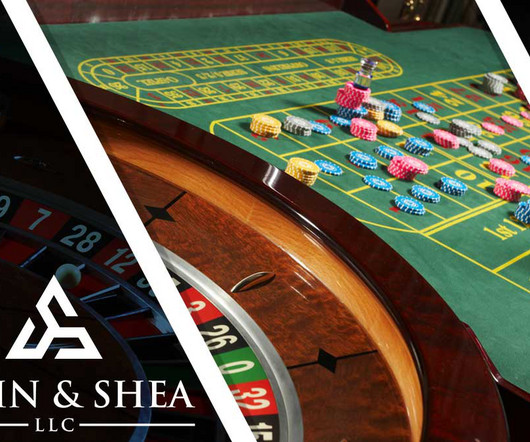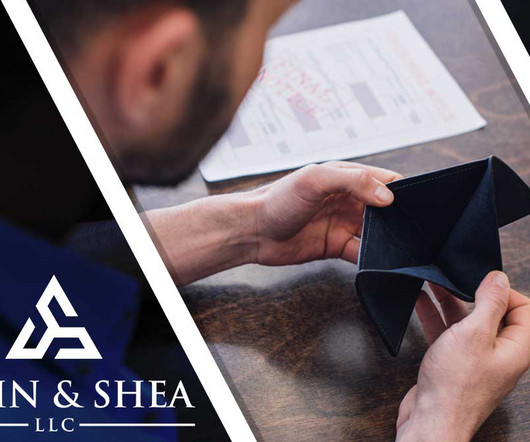Questions to Ask a Chapter 7 Bankruptcy Lawyer Before Filing for Bankruptcy
Sawin & Shea
MARCH 7, 2023
If you’re struggling with debt and considering bankruptcy, speaking with a bankruptcy lawyer can help you determine your best options and give you some clarity on how the process works. At Sawin & Shea, LLC, our Chapter 7 Bankruptcy lawyers have helped clients just like you in the Indianapolis and surrounding areas.

















Let's personalize your content